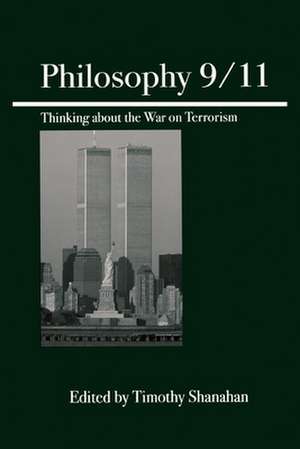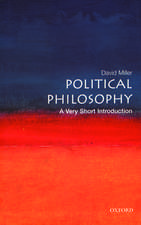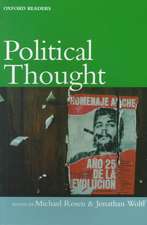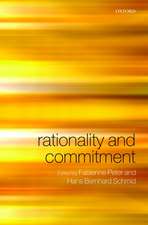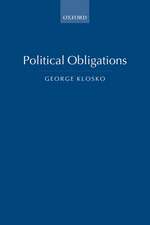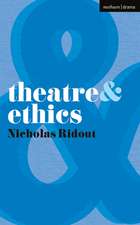Philosophy 9/11: Thinking about the War on Terrorism
Autor Professor Timothy, PhD Shanahanen Limba Engleză Paperback – 8 mai 2005
Preț: 192.50 lei
Nou
Puncte Express: 289
Preț estimativ în valută:
36.84€ • 38.41$ • 30.62£
36.84€ • 38.41$ • 30.62£
Carte disponibilă
Livrare economică 28 februarie-14 martie
Preluare comenzi: 021 569.72.76
Specificații
ISBN-13: 9780812695823
ISBN-10: 0812695828
Pagini: 284
Ilustrații: black & white illustrations
Dimensiuni: 161 x 229 x 20 mm
Greutate: 0.42 kg
Ediția:New.
Editura: Open Court Publishing Company
ISBN-10: 0812695828
Pagini: 284
Ilustrații: black & white illustrations
Dimensiuni: 161 x 229 x 20 mm
Greutate: 0.42 kg
Ediția:New.
Editura: Open Court Publishing Company
Descriere
Terrorism poses vexing problems for which there are no easy solutions. Philosophy 9/11 explores common ideas about terrorism from different perspectives, and poses new ideas to deepen understanding of this crucial subject. The book's contributors represent diverse areas of expertise, including ethics, law, politics, feminist theory, the military, and aesthetics. Among the points raised are: the central issue of terrorism itself and how it differs from other types of violence, why the term "war on terror" is misleading, ways to fight terror without engaging in terrorist activities, the legitimacy of the "just war" theory, the notion of targeted killings and preemptive military strikes as appropriate responses, the classification of captured terrorists as enemy combatants or criminals, and whether the use of torture is ever morally justified. Of interest to scholars, policymakers, and anyone who simply wants to examine the subject in greater depth, the chapters offer a wide range of viewpoints and provide thoughtful analysis of this critical topic.
